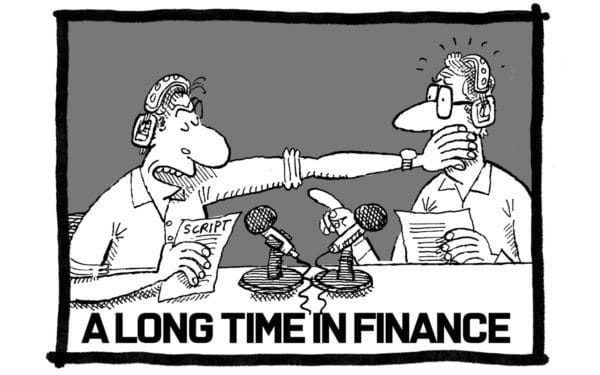A personal view from Ian Stewart, Deloitte’s Chief Economist in the UK.
You can subscribe to the Deloitte Monday Briefing here.
The last couple of years have been hard for the UK economy. Growth has ground to a halt and consumer spending power has come under heavy pressure. The economy dipped into recession in the second half of last year. The general narrative about the UK remains downbeat, with a focus on weak growth and poor productivity. We think this underplays some of the more recent developments.
Inflation, from which so many of the UK’s current problems stem, has collapsed, dropping from a peak of 11.4% to 3.4% in February. By May, inflation is likely to drop below the Bank of England’s 2.0% target for the first time in three years. Lower inflation should pave the way for the Bank of England, and other major central banks, to cut interest rates. UK rates stand at 5.25% today. Financial markets expect the first 25bp cut in the UK base rate around the middle of this year with UK rates ending the year at 4.5%.
Falling market interest rates are already feeding through to consumers and corporates. Interest rates on mortgages and corporate debt have eased back since the peaks seen in last summer. Financial conditions, as measured by our own financial stress index, remain good. The latest round of bank results shows little evidence of major distress in the household or corporate sectors. If inflation and rates fall as expected, credit conditions will ease.
Bank of America’s latest survey of institutional investors shows that fund managers are more bullish on global growth than at any time in the last two years. The proportion of fund managers expecting a ‘hard landing’ for the global economy has dropped from 30% in October to 11% today. Risk appetite is rising. Global equity markets have risen by 6.0% in the last three months and European M&A activity picked up in the first quarter of this year.
Falling inflation is bolstering consumer firepower with wage growth outstripping inflation. Cuts to National Insurance in the Budget and last year’s Autumn Statement will help consumers, though the gains will not offset the effect of freezing personal allowances which started in 2021 and will run until 2027. Unemployment is the dog that hasn’t barked in this cycle. Unemployment fell through the second half of last year even as the economy moved into recession. UK consumers are more confident about their own financial position than at any time since late 2021. Last month, Simon Wolfson, CEO of Next, one of the UK’s leading clothing retailers, said: “It has been a long time since we started a year in a more positive frame of mind.” Next’s share price has risen by 14% since the start of this year. It is a measure of how much things have changed for consumers that the Office for Budget Responsibility, the UK’s independent forecasting body, has raised its forecast for growth in real household incomes this year from -0.8% last November to 1.0% in March.
Business confidence has edged up in recent months. The chancellor gave a shout out to Deloitte’s CFO survey in his Budget speech last month, citing improving levels of optimism which are now running at above-average levels. The Purchasing Managers’ survey confirms an improving picture for UK manufacturing and service activity in recent months.
Lower inflation and the prospect of interest rates cuts have bolstered housing activity. Chartered surveyors report more properties are coming onto the market, growing interest from new buyers and, since August, higher sales. Halifax and Nationwide data show UK house prices have edged up since last October. Last week FTSE 250 housebuilder Bellway reported that sales were 21% higher in February and March than a year earlier.
After a weak end to 2023, UK GDP growth rose by 0.2% in January. The mild recession that hit the UK in the second half of 2023 is probably over.
The US seems to have navigated its way to an economic soft landing, with economists increasingly confident that 2024 will be another good year for growth. The UK is in poorer shape, but is showing signs of life. Barring shocks, UK growth should edge higher over coming quarters.
Write to us with your comments to be considered for publication at letters@reaction.life




